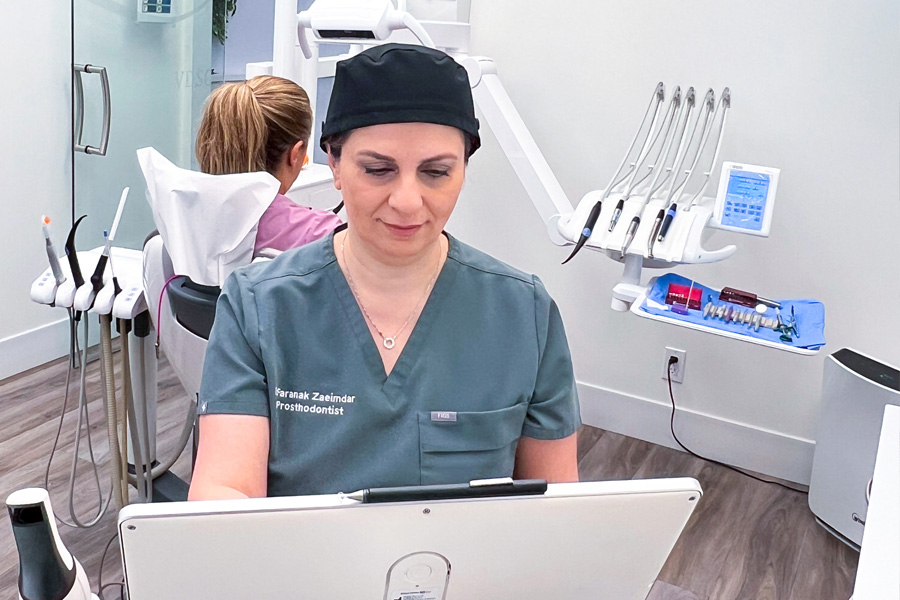
Autism and Dental Health: What You Need to Know
Caring for someone with autism often involves special considerations, especially when it comes to dental health. Sensory sensitivities, communication barriers, and anxiety can make dental visits and routine oral care a challenge. But with the right approach and a compassionate, well-prepared dental team, maintaining good oral health is possible.
We’ll explore the unique dental care needs of people with autism, practical autism dental tips, and how to find an autism-friendly dentist who understands and supports those needs.
Why Dental Care is Different for People with Autism
People with autism spectrum disorder (ASD) often face challenges that can impact oral health. These include:
- Heightened sensory sensitivities to touch, taste, or sound which can make brushing, flossing, and dental procedures uncomfortable.
- Repetitive behaviors or restricted diets, which may include sugary foods, increase the risk of cavities.
- Difficulty with communication, which can make it harder for patients to express discomfort or explain symptoms.
Understanding these challenges is key to creating a successful routine for oral care for autism.
Common Challenges in Dental Care for Autism
- Resistance to routine oral hygiene: Brushing and flossing may feel overwhelming due to tactile sensitivity.
- Difficulty tolerating dental visits: The bright lights, smells, and unfamiliar environment can trigger anxiety.
- Unawareness of pain or symptoms: Some individuals may not recognize or verbalize dental pain until it becomes severe.
These issues underline the importance of special needs dental care tailored to each individual.
Autism Dental Tips for Better Oral Care at Home
- Establish a predictable routine - Use visual aids or social stories to explain brushing and flossing steps.
- Use sensory-friendly products - Try unflavored toothpaste, soft-bristle brushes, or electric brushes with adjustable settings.
- Introduce new tools gradually - Give time to get used to new brushes, flossers, or oral rinses.
- Positive reinforcement - Praise or reward cooperation to build a positive association with oral hygiene.
- Practice dental visits at home - Role-play to prepare for a real appointment.
A consistent, calm approach helps build trust and reduces anxiety over time.
How to Find an Autism-Friendly Dentist
Finding a provider with experience in dental care for people with autism is essential. A truly autism-friendly dentist will:
- Take time to learn about the patient’s specific needs
- Offer pre-visit tours or desensitization appointments
- Use clear communication and calm techniques
- Modify procedures when necessary
- Create a quiet, supportive environment
What to Expect at a Special Needs Dental Clinic
Clinics specializing in dental hygiene and autism usually offer:
- Flexible scheduling (longer appointments or times with fewer patients)
- Trained staff who use visual cues and calming language
- Options for sedation if necessary
- Post-visit feedback and personalized dental care plans
These supportive measures significantly improve the dental experience for both patients and caregivers.
Take the First Step Toward Better Dental Health
Supporting autism and dental health is a journey that requires patience, compassion, and the right professional support. Whether you’re a caregiver or someone living with autism, you deserve a dental team that understands your needs.
If you’re in Vancouver and searching for an autism-friendly dentist or dentist near me, we’re here to help.
Contact Us
At Vancouver Dental Specialty Clinic, we proudly provide special needs dental care in Vancouver, BC. Our team is experienced in working with patients on the autism spectrum and is committed to creating a calm, supportive environment for every visit.
Contact us today to request an appointment and take the first step toward confident, comfortable dental care.



